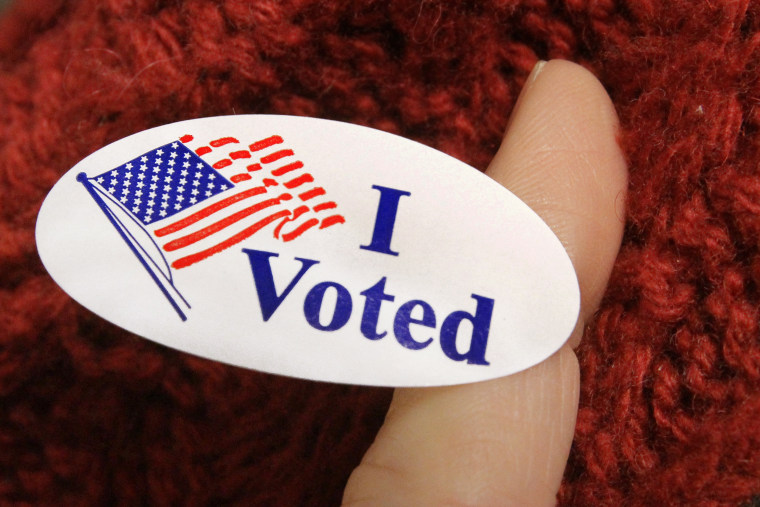A Republican-controlled House subcommittee refused to advance a bill to restore felon voting rights Monday despite support from prominent Republicans in the state.
Virginia is one of only four states in which former felons have a narrow and complicated path to navigate in order to have their voting rights restored. Governor Bob McDonnell has restored those rights for more than 4,000 felons who've served their time, but more than 350,000 still lack the right to cast a ballot.
McDonnell pushed the state legislature to help fix that in his State of the Commonwealth address last week, saying that “As a nation that believes in redemption and second chances, we must provide a clear path for willing individuals to be productive members of society once they have served their sentences and paid their fines and restitution.”
Fellow Republican, Attorney General Ken Cuccinelli, testified on behalf of the legislation, arguing that often nonviolent misdemeanors rack up in what he calls the "felony creep." In his testimony he argued, "we ought to make it easier for those who have committed certain nonviolent offenses and served their punishment to regain their place in society."
But the arguments of GOP leaders did not sway the Republicans on the subcommittee, who voted no unanimously. Only Democrats voted in favor.
McDonnell expressed his dismay at the decision. “I am very disappointed in today’s vote against these constitutional amendments. Once individuals have served their time and paid their fines, restitution and other costs, they should have the opportunity to rejoin society as fully contributing members,” he said.
The Senate subcommittee just barely advanced its version of the measure Tuesday morning, but the rejection from the House means the bill is unlikely to pass this year.
Under Virginia law, proposed amendments to the Constitution must pass the state legislature twice and then pass a statewide referendum before they can go into effect, meaning Virginia voters may not get a chance to weigh in on this issue until 2016.
